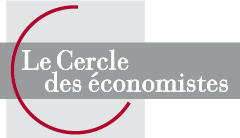Consuming with green energy, between urgency and utopia
Overview
The coupled effects of the scarcity of energy resources and global warming have contributed to questioning our energy consumption habits. The issue of energy transition has thus emerged as a crucial challenge for our future, the success of which depends on two main levers: energy efficiency and the ability to develop low-carbon renewable energies. Some countries, such as Sweden, are more committed than others to this path, and combine these levers with proactive taxation to achieve a balanced energy mix.
However, the development of green energies and the efficiency of the energy transition remain dependent on a certain number of factors relating to consumer behaviour, decision-making methods (State, local authorities, businesses, NGOs, citizens), financing methods (subsidies with gradual decline, takeover prices, private and investment funds) or technologies (storage, floating wind turbines) that are available or to be developed. Taking into account the constraints and opportunities related to green energies, certain questions must therefore be addressed: Can we really consume in a sustainable way? Does better energy performance and increased consumption of green energy lead to a decrease in overall energy consumption? Is it possible to envisage a 100% renewable energy balance? Is the European target of 32% renewables in 2030 reasonable, too timid? With a current target of 33% for 2030, compared to 17% in 2019, is France lagging behind?
Speakers






Coordinator

Moderator

Contributions
Download (PDF 672.19 kB)












